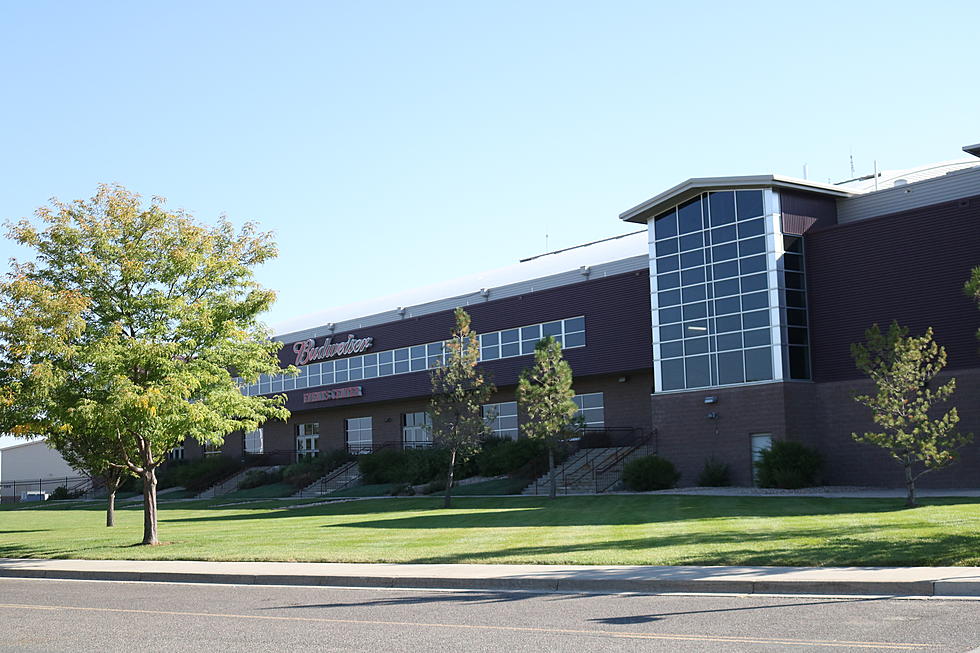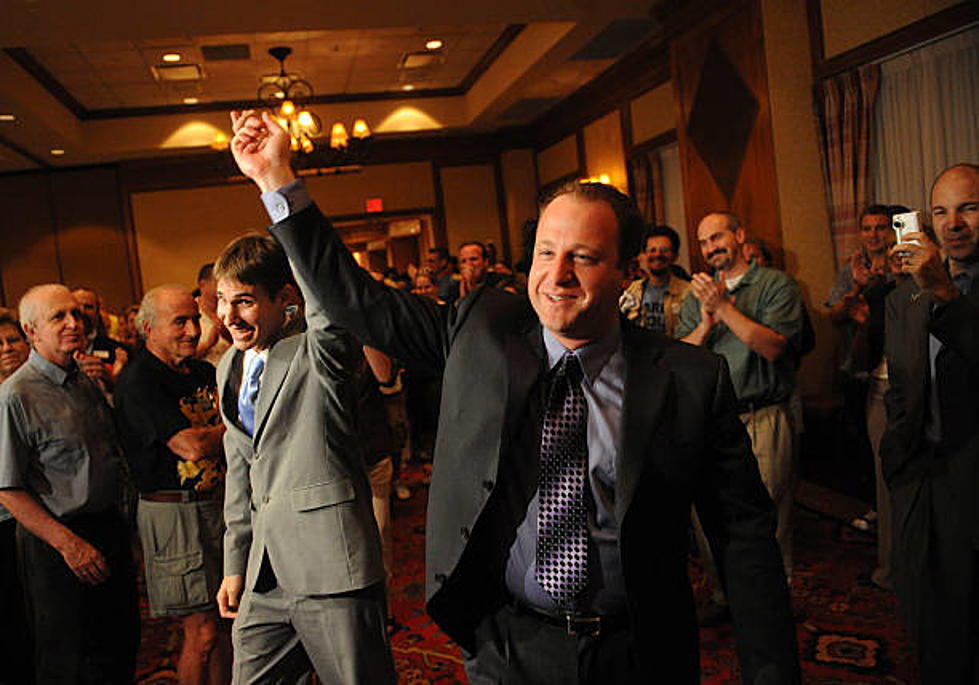
Survivor Raises Awareness About What Its Like to Live With HIV
Thanks to initiatives like the Health Resources and Services Administration's (HRSA) Ryan White HIV/AIDS Program (RWHAP), an HIV diagnosis is no longer the death sentence that it used to be.
People living with HIV now have a fairly normal life expectancy. Still, aging with HIV comes with its own set of challenges — including misguided social stigmas, internal fears, and health problems. But amidst these challenges, there is hope.
"When I was given my diagnosis, I was given six months to live. Over the years, I was able to access the HIV treatment that has been made available...and I'm really alive today because of that," said Antigone Dempsey, an HIV survivor and Director of the Division of Policy and Data with the HRSA's HIV/AIDS Bureau, in our "Tuned In to NoCo" interview. "You're not alone and you can survive this. It gets better."

Treatment for low-income people living with HIV is available through the RWHAP, along with support services, outreach services, and more. Although the feelings of isolation that come with aging with HIV can make it difficult to reach out, it is important to do so.
"There are places you can go for care where people are going to accept you exactly as you are," said Dr. Laura Cheever, M.D., Sc.M., a Physician and Associate Administrator with the HRSA's HIV/AIDS Bureau. "If you go to HIV specialty care, people are there waiting for you, and [they] will accept you warmly, openly, and with expert care."
Learn more about aging with HIV by listening to the full "Tuned In to NoCo" interview with Antigone Dempsey and Dr. Laura Cheever below.
More From Power 102.9 NoCo - KARS-FM









